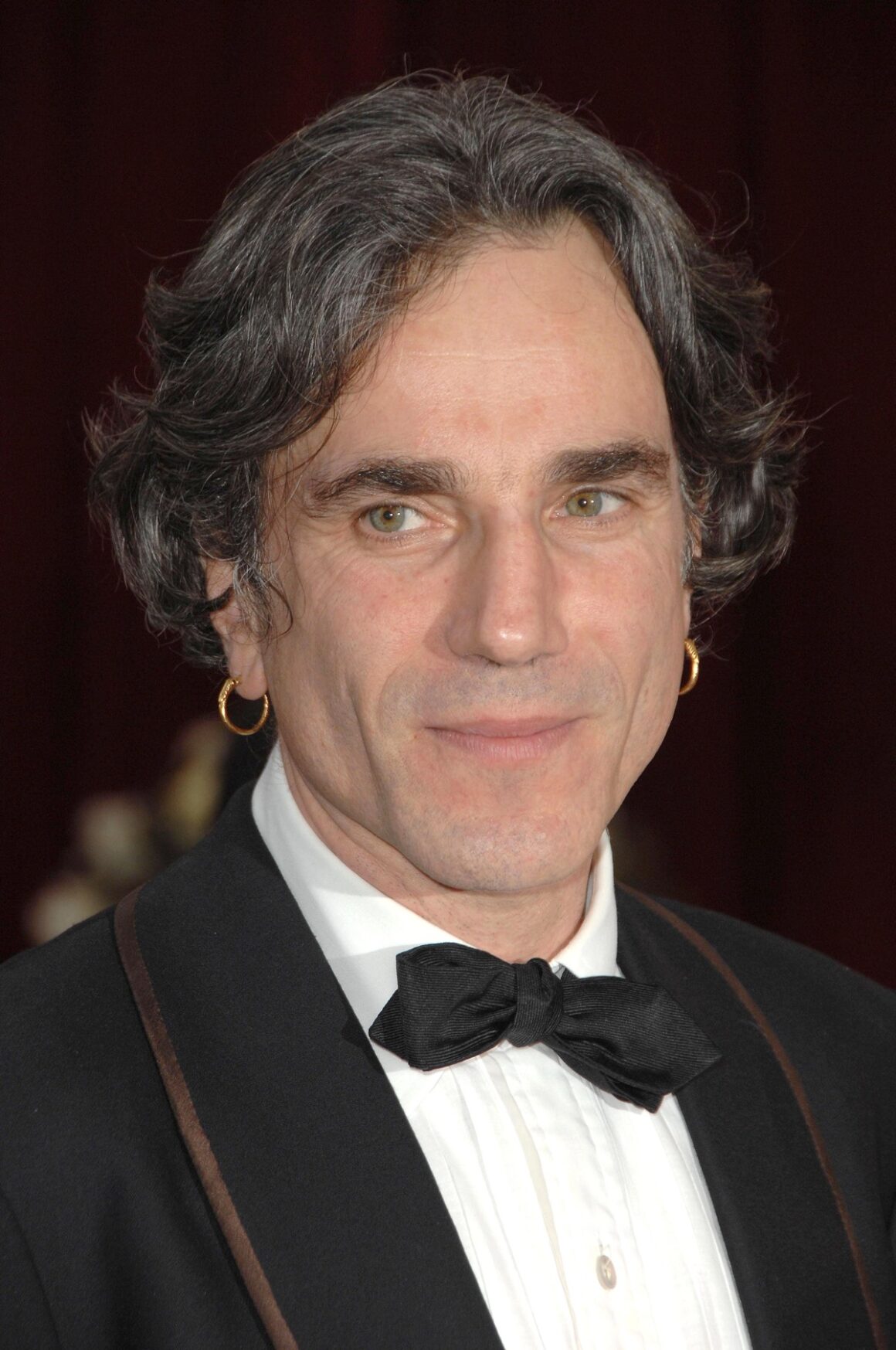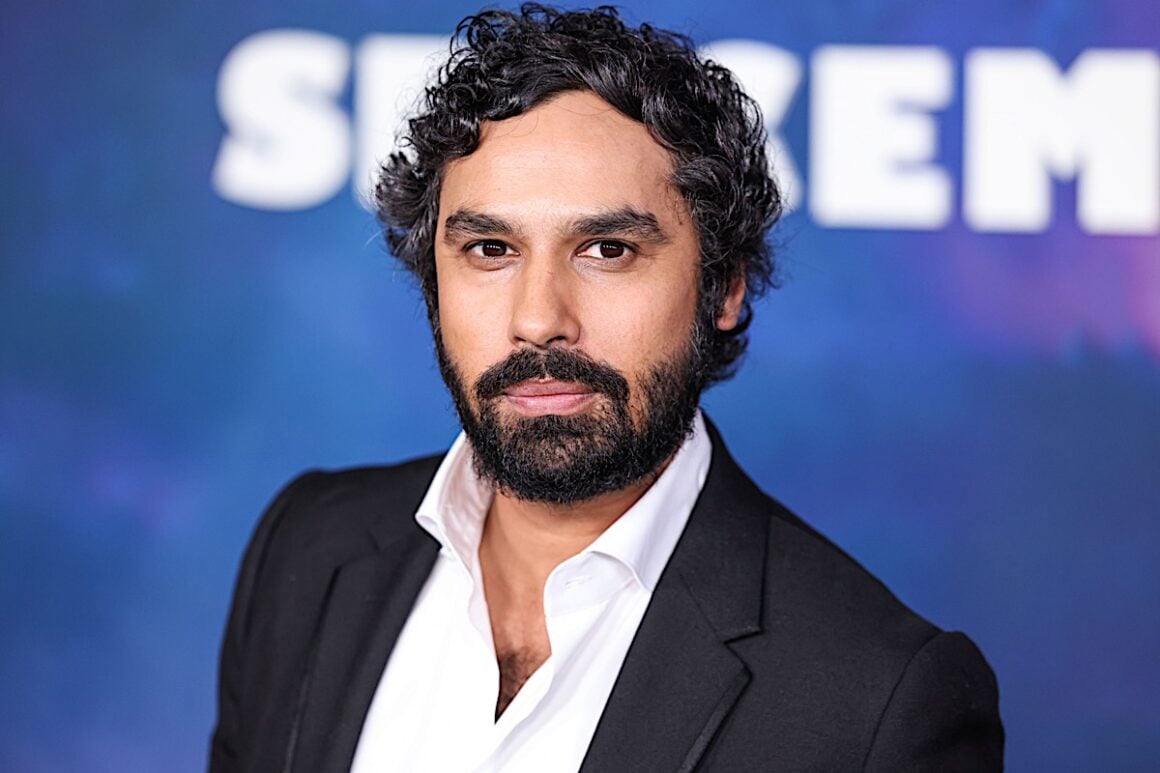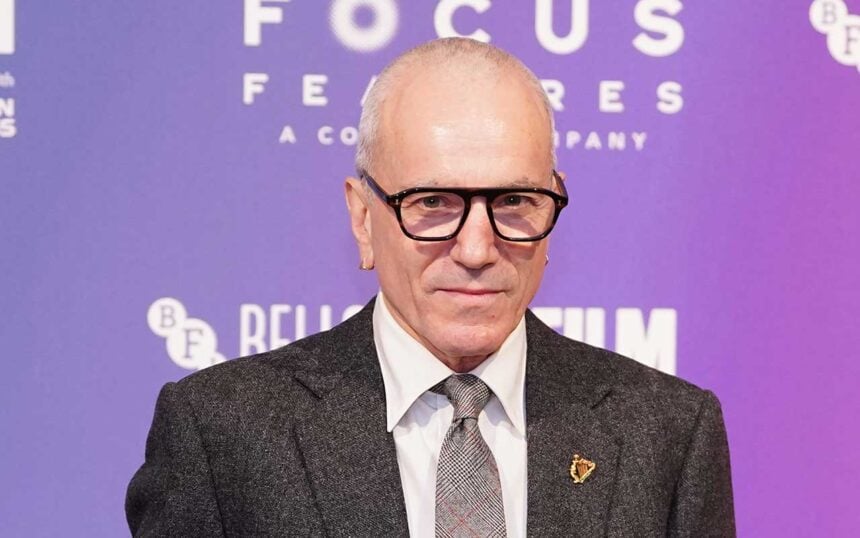Daniel Day-Lewis isn’t here for the method acting discourse. At a packed Screen Talk event at the BFI London Film Festival on Wednesday (October 15, 2025), the three-time Oscar winner pushed back hard against recent criticism of the immersive acting technique that’s defined his legendary career.
Speaking to an enthusiastic crowd at the BFI Southbank, the notoriously private actor opened up about the controversy surrounding method acting in recent years. His response? The critics simply don’t get it.

“All the recent commentary in the last few years about Method acting is invariably from people who have little or no understanding of what it actually involves,” Day-Lewis told the audience. He went on to describe how his approach has been unfairly characterized as something bizarre or cultish. “It’s almost as if it’s some specious science that we’re involved in or a cult,” he said.
The actor, who’s known for staying in character throughout entire film shoots, explained that method acting isn’t about being sealed off from reality or acting “like a lunatic.” Instead, he described it as “just a way of freeing yourself so that the spontaneity, when you are working with your colleagues in front of the camera, that you are free to respond in any way that you’ll move to in that moment.”

Day-Lewis appeared at the festival alongside his son Ronan, who directed him in the upcoming family drama Anemone – marking Daniel Day-Lewis’s return to acting after his 2017 retirement announcement. The appearance comes after the actor recently admitted he regretted publicly declaring his retirement, calling it “grandiose gibberish.”
During the conversation, Day-Lewis also reflected on his breakthrough role in My Left Foot, which he acknowledged helped birth his distinctive style of acting. He spent months preparing for the role, living in a wheelchair and learning to write and paint with his foot. “I thought: I’m never not going to work like this again,” he shared.
While acknowledging that other actors can deliver great work without immersion, Day-Lewis made it clear he still finds his process joyful. “We’re playing games for a living,” he said, adding that critics who don’t understand the technique shouldn’t be so quick to judge.
MORE POP CULTURE HEADLINES







